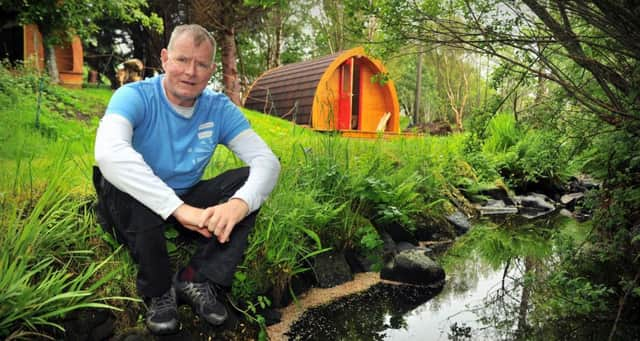Living donor scheme to reduce waiting time for kidney transplants


Every patient waiting on a kidney transplant in Scotland is to be sent an information pack telling them how to get a living donor in a bid to reduce the current waiting list.
At present there are more than 400 people on the transplant list, facing an average wait of up to three years for a kidney from a deceased donor.
Advertisement
Hide AdAdvertisement
Hide AdThis latest move by the Scottish Government is part of a national drive to increase awareness of the possibility of donating a kidney to someone in need of a transplant, whilst still alive, either to a loved one or a stranger.
Over the last ten years, more than 500 people in Scotland have become living kidney donors, with figures highlighting 86 people donated in 2016-17 alone. The information pack has been designed to inform patients of the different routes to living donation and reinforce that a successful kidney transplant from a living donor is the best treatment option for those waiting, as the kidney tends to be healthier. It features the perspectives of donors, recipients and various clinical specialists working to ensure each transplant is as successful as possible.
John Macrae, 51 from the Isle of Skye, received a kidney donated by his brother in 2002, which lasted 12 years before it failed in October 2014. Back on dialysis and on the transplant waiting list, John’s friends and family again offered to donate to him, however those willing weren’t a match.
John entered the paired donation scheme, which can result in a donor and recipient who are not a match being paired with others in the same situation, resulting in a swap to benefit both patients. However, in March, John received the call that a kidney from a deceased donor had been identified and the transplant successfully went ahead.
He said: “I know how lucky I am to have been given this second chance at life. Life on dialysis wasn’t great and I was determined, with the support of the staff at the Royal Infirmary of Edinburgh, to explore every option available to me.
“My first transplant from my brother gave me 12 good years and it was a blow to find myself back on dialysis. Because I’d already received a transplant, my antibody level meant my chances of getting another match were significantly lower than first time around. I was fortunate to have five or six people in my circle, both friends and family, willing to donate to me, but after three years of trying my hope was fading. The fact I have been given a second chance thanks to the decision of my donor and their family is something I will be forever grateful for.